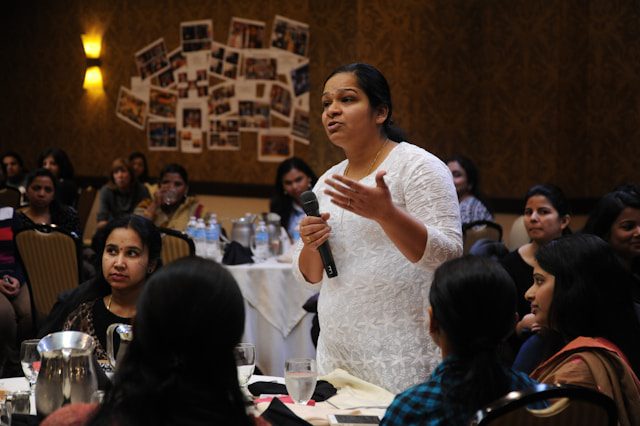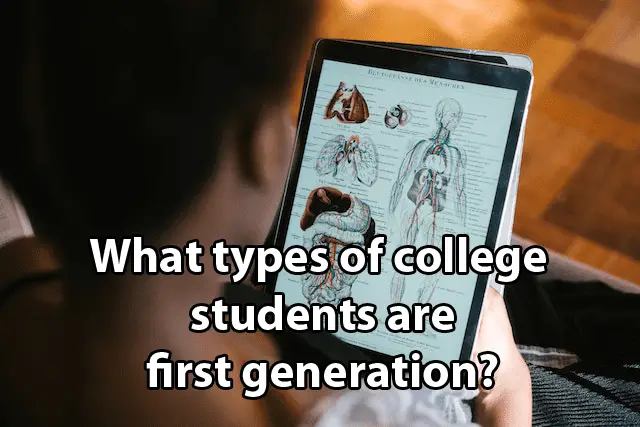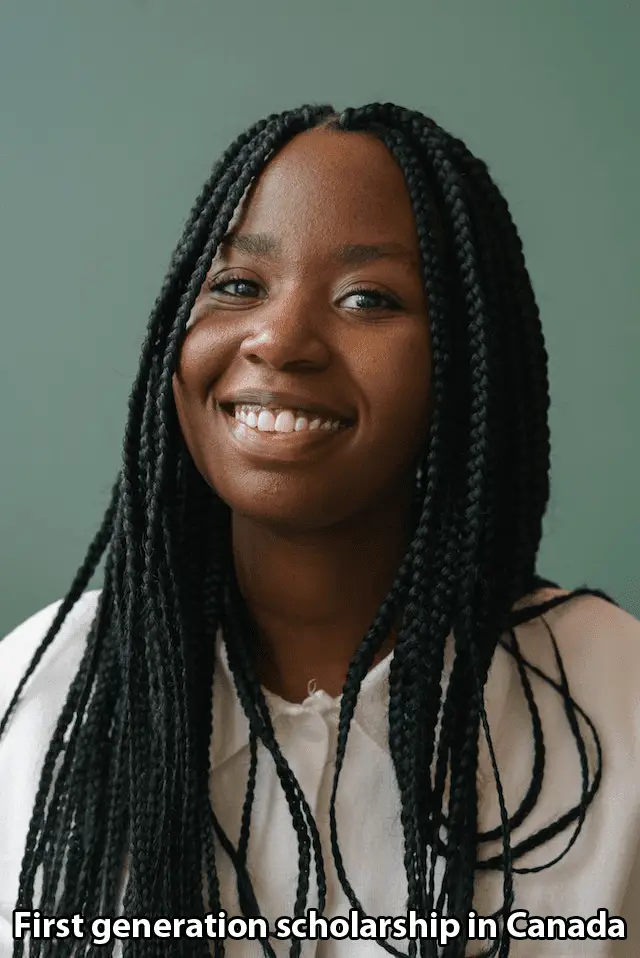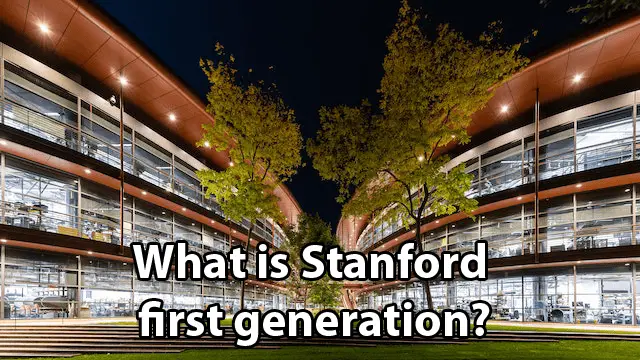
Scholarships Tailored for First-Generation Students
In today’s academic world, the importance of higher education cannot be understated. However, the journey to obtaining a degree is often fraught with challenges, particularly for first-generation students—those who are the first in their families to pursue higher education. One of their main obstacles is financial, as tuition and associated costs can be prohibitive. Thankfully, various scholarships are tailored to support first-generation students, thus helping to bridge the gap between aspiration and achievement.
The notion of first-generation students is not merely a statistical category but a significant dimension in higher education. These students often have to navigate unfamiliar territories without the familial support that many others may take for granted. Recognizing their unique challenges, educational institutions and organizations have developed scholarships specifically aimed at aiding these pioneering students. Scholarships such as the Gates Millennium Scholars Program, the Coca-Cola First-Generation Scholarship, and the Pell Grant in the United States offer financial aid tailored to the needs of first-generation students. These financial supports are not merely about funding but also about encouraging and recognizing the bravery it takes to be a trailblazer in one’s family.
The Gates Millennium Scholars Program is one of the most prominent scholarships for first-generation students. It focuses on students of ethnic minorities who demonstrate exceptional academic performance and leadership potential. This scholarship provides not only financial aid but also leadership development opportunities, making it an all-inclusive package for promising students. Such programs underscore the importance of education while giving students tools to thrive within and beyond academia.
Beyond the United States, opportunities like the $9,000 DAAD Development-Related Postgraduate Germany 2024 Program offer financial support for first-generation students from developing countries. Although not exclusively for first-generation students, this scholarship is oriented towards those who aim to impact their home countries positively. It’s a perfect example of how international opportunities can provide first-generation students with a chance to extend their education beyond national borders and contribute to global development.
Crafting a strong scholarship application is a critical step toward securing financial aid. An applicant’s ability to present their story compellingly and authentically can make a significant difference. Therefore, understanding "How to Write a Winning Scholarship Essay: Tips and Tricks" can be incredibly beneficial. Successful scholarship essays often share common traits: they are well-organized, articulate a clear vision, and are rich in personal experiences. Specifically for first-generation students, sharing their unique life story—how being a first-generation student shapes their perspective and how the scholarship can transform their future—can set them apart from other applicants.
Writing an impactful scholarship essay involves several fundamental steps. First, it’s essential to thoroughly understand the scholarship’s mission and align the essay’s message with it. Tailoring the essay to reflect the scholarship’s goals and values can significantly increase the odds of success. Secondly, authenticity is key. Readers can easily detect when an essay lacks sincerity. Instead of presenting a polished version of perfection, applicants should focus on their genuine journey, showcasing both triumphs and challenges. This honesty can create a connection with the reader, making the essay more memorable.
A well-organized essay also makes a difference. Beginning with a compelling introduction, following with thoughtfully structured body paragraphs, and closing with a concise conclusion helps maintain a logical flow. Each part of the essay should serve the purpose of building a narrative that answers why the applicant deserves the scholarship and how it will help achieve their future goals.
Beyond essays, first-generation students can benefit from resources and support systems available at institutions. Many colleges offer mentorship programs tailored to first-generation students. Mentorship can provide valuable guidance, helping students navigate academic challenges and connect with peers who share similar experiences. Additionally, support groups offer a sense of community, where students can share challenges and successes, leaning on each other for support.
Financial literacy workshops can also be crucial for these students. Understanding how to manage finances effectively, both during and after college, empowers students to take control of their financial future. Workshops can cover topics such as budgeting, student loans, and even investments, equipping students with knowledge that extends well beyond their academic life.
For some students, international scholarships offer a unique opportunity to broaden their educational horizons. Programs such as the Fulbright Scholarship facilitate cultural exchange and academic advancement, allowing first-generation students to study and conduct research abroad. Such experiences not only enrich the student’s understanding of the world but also make them more competitive in the global job market.
In conclusion, scholarships tailored for first-generation students are vital stepping stones on paths filled with challenges and uncertainties. They provide crucial financial relief, making higher education more attainable and helping these students venture into new territories of knowledge and opportunity. With proper guidance in crafting effective scholarship applications and by utilizing available resources, first-generation students can ace the hurdles and achieve their academic dreams. This journey, supported by scholarships and designed to foster leadership and development, ultimately transforms not just the students themselves but also enriches the broader fabric of society.

















